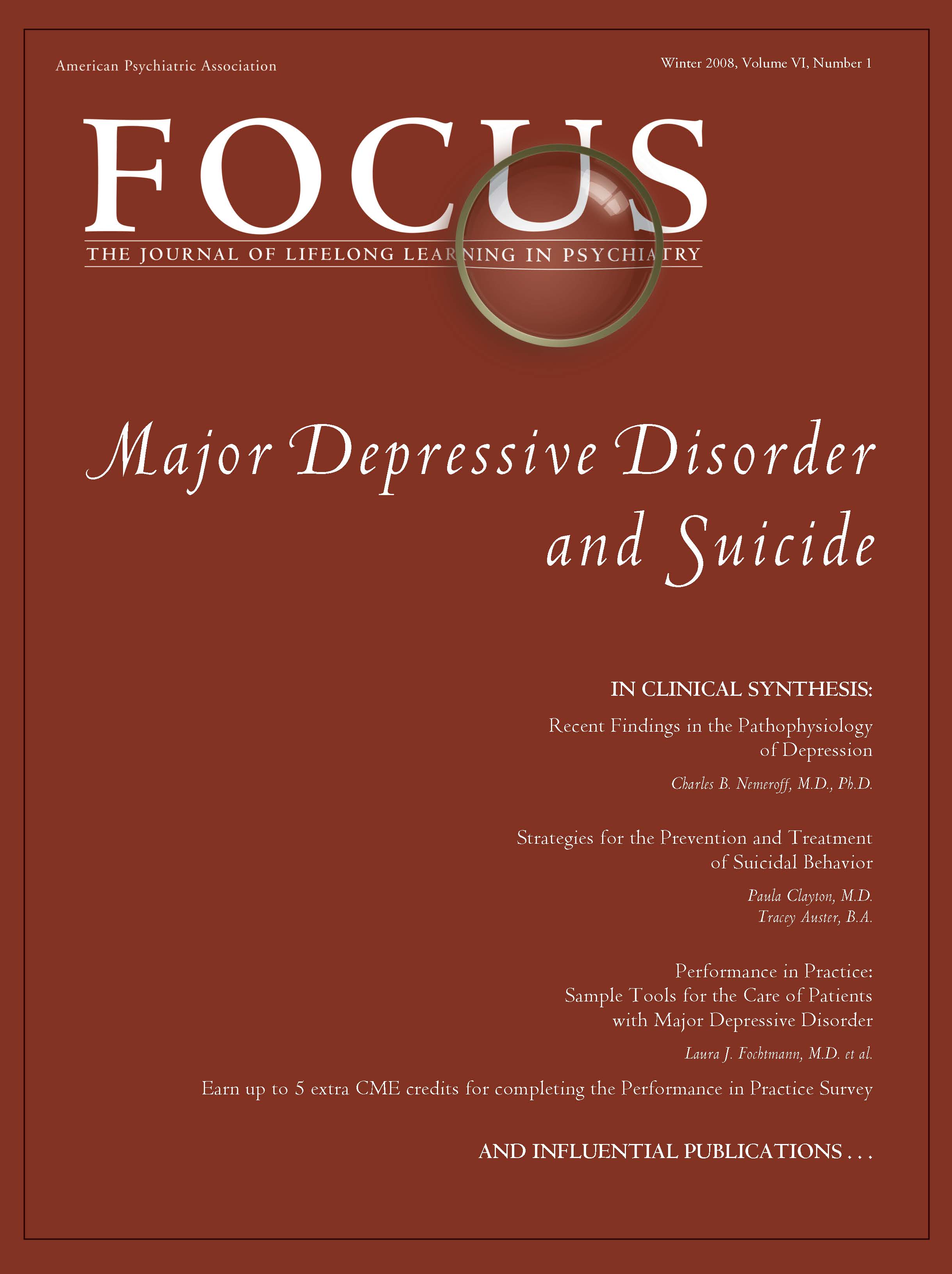Performance in Practice in Maintenance of Certification
The American Board of Medical Specialties (ABMS) has designed the Maintenance of Certification (MOC) Program for its 24 Member Boards that consists of four components: Professionalism, Self-assessment (SA) and Life-Long learning (CME), Performance in Practice (PIP), and Cognitive Expertise. Specific ABPN requirements to fulfill each of these MOC components as well as the timeliness for their completion are available on the APBN website (www.abpn.com).
Each PIP Unit consists of two parts: a PIP Clinical Module and a PIP Feedback Module. Over the ten-year ABPN MOC cycle, diplomates will be required to complete three PIP Units, and this requirement will be phased in beginning in 2013. PIP Clinical Modules require diplomates to collect data from at least five of their own clinical cases in a similar category (e.g., diagnosis, type of treatment, location of service) over the previous three-year period; compare that data with published best practices, practice guidelines, or peer-based standards of care; identify opportunities for improvement in the effectiveness or efficiency of their clinical activities; take steps to implement the suggested improvements; and, within two years, collect the same data on another five cases in the same category to see if improvements in clinical activities have ocurred. This issue of FOCUS includes a chart review checklist that diplomates might use to document how their clinical practice compares to the practice guidelines for Major Depression. Using this checklist and other similar instruments will be one way for diplomates to demonstrate their commitment to continuous quality improvement in the care they provide to their patients.



